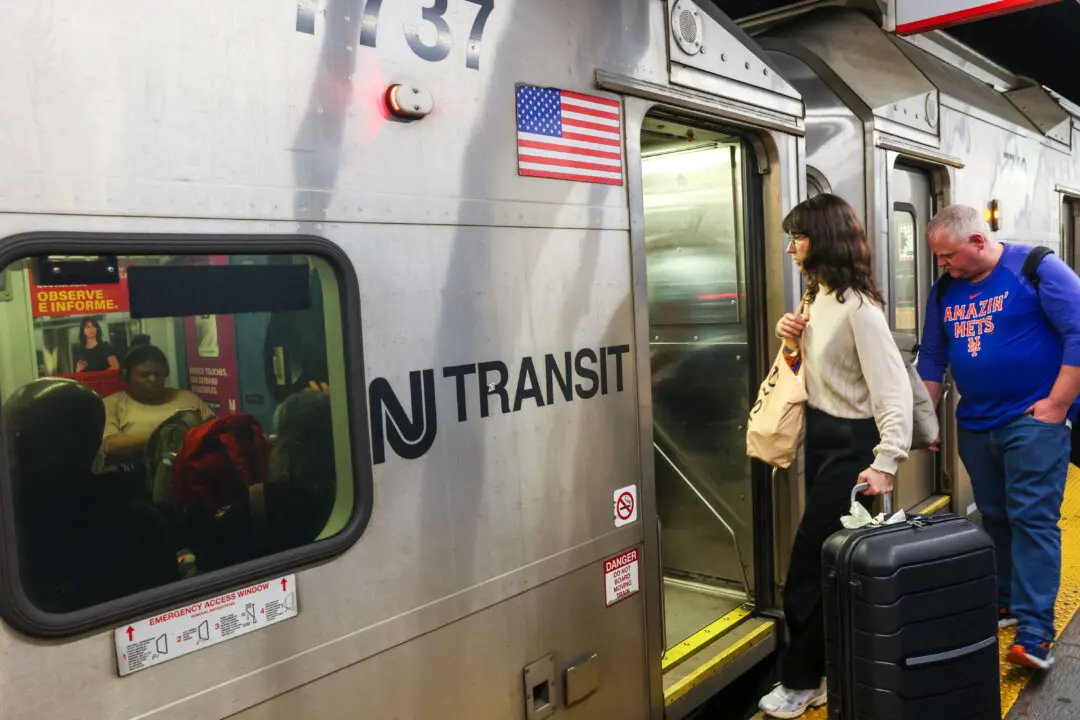WASHINGTON—The Trump administration urged the Supreme Court to uphold the convictions of the two former New Jersey political operatives who orchestrated the George Washington Bridge lane closure scandal—the “Bridgegate” traffic-congestion scandal of 2013—but the justices didn’t seem to have been moved.
Justices wondered why the prosecution had been brought, in what they indicated was a confusing case in which no money or property was traded for political favors.





